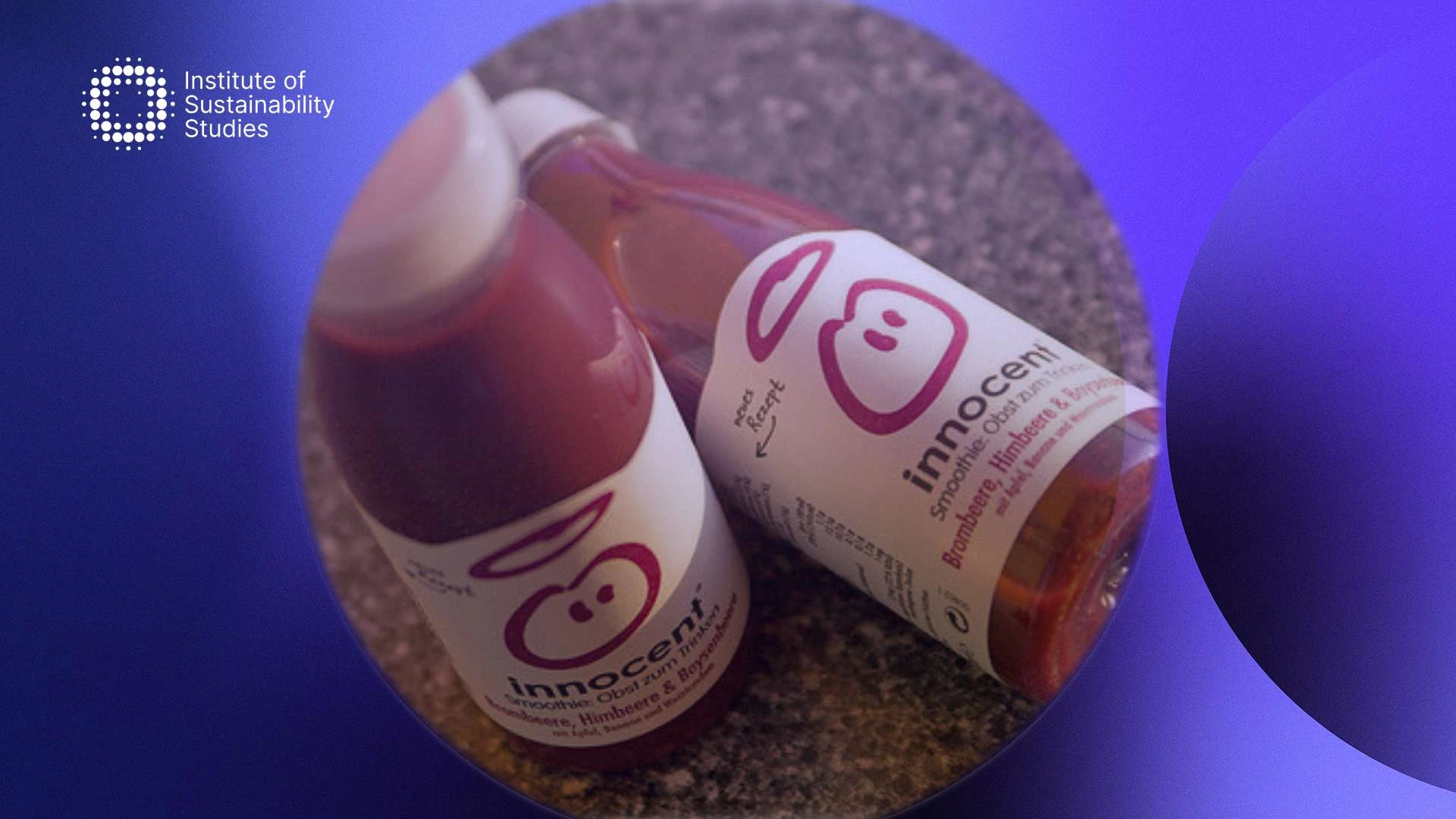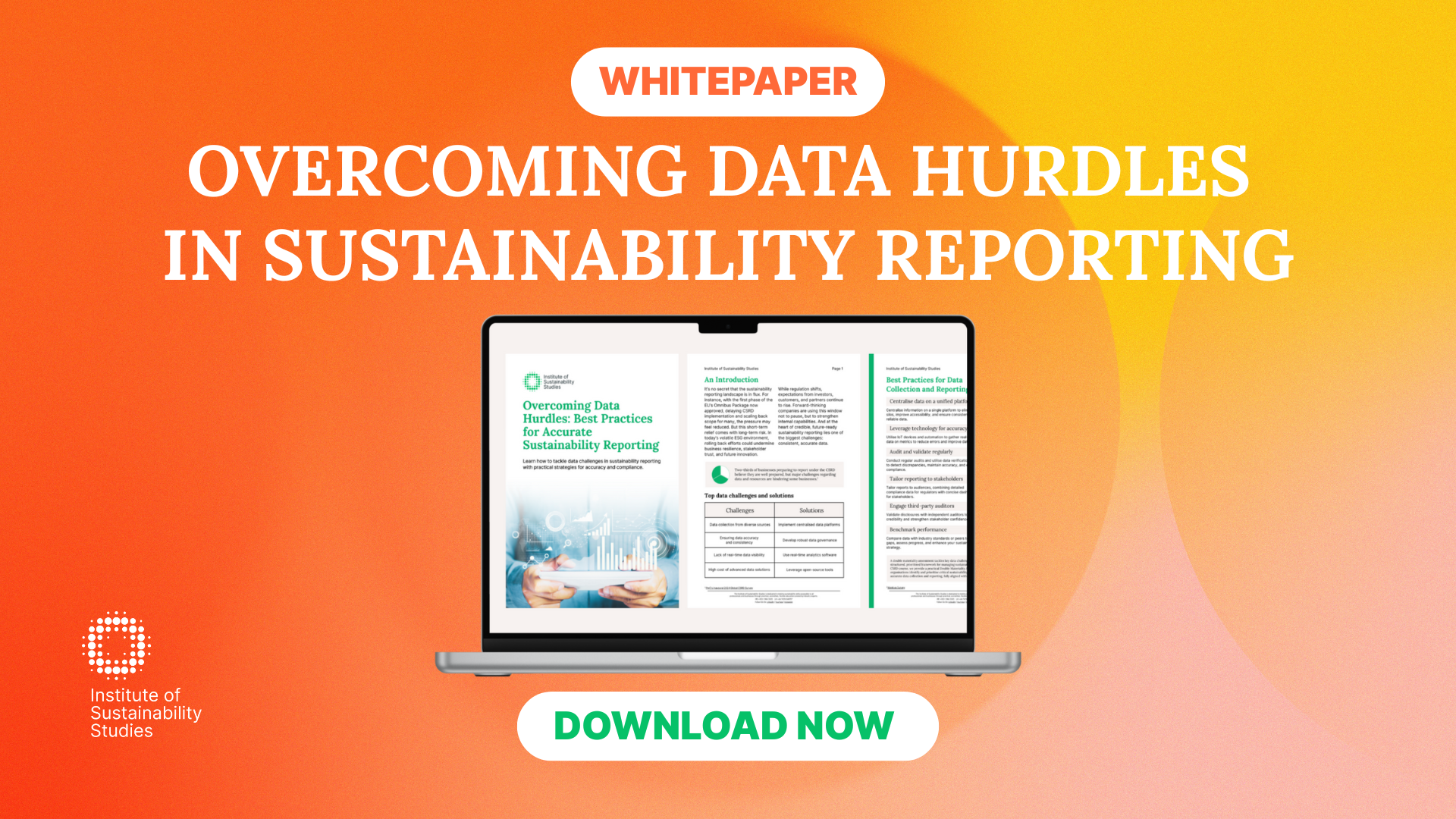The concept of sustainability has transcended buzzword status to become a cornerstone in various sectors, from corporate strategy to community development. As the world grapples with pressing issues like climate change and resource depletion, the demand for skilled sustainability professionals is on the rise. If you’re a mid-career professional contemplating a career change, the sustainability sector offers a plethora of opportunities to make a meaningful impact. This article serves as a comprehensive guide to assist you in transitioning to a career in sustainability, ensuring that your move is both strategic and fulfilling.
The appeal of a sustainability career change
Why consider a sustainability career, particularly if you’re already well-established in your current role? The answer lies in the multi-disciplinary nature of sustainability. It intersects with a myriad of sectors, from technology and healthcare to finance and education. This broad scope offers a fertile ground for applying your existing skills in a manner that is both innovative and socially responsible.
Moreover, sustainability is not a fleeting trend; it’s a long-term paradigm shift driven by consumer demand and stringent regulations. As businesses adapt, the sustainability job search becomes less daunting. Companies are increasingly seeking experts who can navigate the intricacies of sustainable operations, thereby offering not just job security but also avenues for career advancement.
According to the Future of Jobs Report 2023 by the World Economic Forum, “Sustainability Specialists” are expected to be the second fastest-growing job in the next five years. This is further corroborated by LinkedIn’s Green Skills Report 2023, which states that the demand for people with sustainability skills is outpacing its supply. This indicates a greater increase in demand for green skills than there is an increase in green skills in the workforce.
Financially, a sustainability career is increasingly lucrative. As per PayScale, the average salary for a “Sustainability Manager” ranges from £28,000 to £63,000 in the UK and €40,000 to €92,000 in Ireland.
Career paths in corporate sustainability typically begin with roles like Sustainability Coordinator or Analyst, advancing to managerial or directorial positions where strategic oversight and policy development are key. This progression mirrors the increasing importance of integrating sustainable practices across business operations, offering a dynamic and impactful career trajectory.
The work in sustainability is not just a job; it’s a calling. The tasks you undertake can have a direct, positive impact on both society and the environment. Whether it’s by reducing an organisation’s carbon footprint or by contributing to community development, the tangible benefits of your work can offer a sense of purpose that might be missing in other professions.
Assessing your current skill set
Before embarking on a sustainability career change, it’s crucial to take stock of your existing skills. Many professionals underestimate the transferability of their current skill set to roles in sustainability. For instance, project management, data analysis, and stakeholder engagement are skills that are as valuable in sustainability as they are in other sectors. Conduct a thorough skills audit and identify how your existing capabilities can be leveraged in a sustainability career.
Acquiring new skills and certifications
While your existing skills will serve you well, a sustainability career often requires specialised knowledge. This is where upskilling comes into play. Consider enrolling in courses that offer certifications in sustainability practices. These not only enhance your CV but also provide you with practical tools to make an immediate impact in your new role. If you’re in the midst of a sustainability job search, these certifications can set you apart from other candidates and demonstrate your commitment to the field.
Essential skills for Sustainability Managers include:
- Strategic Thinking: The ability to align sustainability initiatives with business goals.
- Data Analysis: Proficiency in interpreting sustainability metrics and KPIs to measure impact.
- Stakeholder Engagement: Skills in communicating and collaborating with internal and external stakeholders to drive sustainability initiatives.
- Regulatory Compliance: Understanding of local, national, and international sustainability regulations and standards.
- Project Management: Capability to manage sustainability projects from inception to completion, including budgeting and timeline management.
Moreover, don’t underestimate the power of soft skills for a sustainability career change. Communication, problem-solving, and adaptability are highly valued in sustainability roles. These skills enable you to effectively convey complex sustainability concepts to various stakeholders, from team members to clients.
It’s also worth noting that mentorship can be invaluable. Seek out professionals who have successfully made a transition into sustainability. Their insights can guide you through the challenges and opportunities that come with a career in this dynamic field.
Networking and mentorship
In any career, but particularly when considering a sustainability career change, networking is invaluable. The sustainability sector is a community-driven field, and building a strong professional network can open doors that might otherwise remain closed. Attend industry-specific events, webinars, and conferences to meet like-minded professionals. Platforms like LinkedIn can also be a powerful tool in your sustainability job search, allowing you to connect with industry leaders and potential employers.
Job search strategies for a sustainability career change
Once you’ve assessed your skills and expanded your network, the next step is to dive into the actual job search. Given the multi-disciplinary nature of sustainability, job roles can vary widely. While roles like sustainability consultants and corporate social responsibility managers are more common, there are also niche sustainability roles you might consider:
- Circular Economy Analyst: Specialises in waste reduction and resource optimisation.
- Energy Efficiency Manager: Focuses on reducing energy consumption and costs.
- Sustainable Supply Chain Manager: Manages eco-friendly procurement and logistics.
- Environmental Policy Analyst: Works on shaping public policy related to sustainability.
- Sustainable Investment Advisor: Guides investment in socially and environmentally responsible funds.
Utilise job search platforms like LinkedIn and also ones that specialise in sustainability roles to find opportunities that align with your skills and interests. Tailoring your CV and cover letter to highlight your relevant experience can make a significant difference in your sustainability career search.
Preparing for interviews
After successfully navigating the initial stages of your sustainability job search, the next crucial step is the interview process. This is your opportunity to not only showcase your skills but also to demonstrate your genuine passion for sustainability. Preparation is key. Familiarise yourself with the company’s sustainability initiatives and be ready to discuss how your unique skill set can contribute to these efforts. Expect questions that probe not only your technical knowledge but also your soft skills like communication and problem-solving, which are indispensable in a sustainability career.
Overcoming challenges in pursuing a sustainability career change
Transitioning to a new career is never without its hurdles, and a sustainability career change is no exception. You may encounter challenges such as gaps in technical knowledge or lack of industry-specific experience. However, these challenges are surmountable. Consider short courses or workshops to fill knowledge gaps. Networking can also provide insider insights into overcoming common obstacles. Remember, every professional in the field was once where you are now. Learning from their experiences can provide you with the strategies to overcome similar challenges in your sustainability career.
Making the transition
Once you’ve successfully navigated the challenges and secured a role, the next phase is making the actual transition. A sustainability career change is not just about securing a new job; it’s about embracing a new professional identity. The first few months are crucial for setting the tone for your future in the field. Take the time to understand the company culture, sustainability goals, and how your role contributes to these objectives. Be proactive in seeking projects that align with your skills and offer opportunities for growth in your sustainability career.
Top industries hiring sustainability professionals
The growing importance of sustainability has led to a surge in demand for professionals across diverse industries. Companies are realising that sustainability is no longer optional but essential for long-term success. Below are some of the key industries leading the way in hiring sustainability talent:
Energy and utilities
As industries transition to renewable energy sources, there is a significant demand for professionals in energy efficiency, carbon management, and renewable energy implementation. Roles like Energy Managers, Carbon Analysts, and Renewable Project Coordinators are on the rise.
Agriculture and food production
The agriculture sector, which is highly dependent on natural resources, is increasingly embracing sustainable practices. Roles include Sustainable Agriculture Specialists, Food Supply Chain Analysts, and Regenerative Farming Consultants.
Manufacturing and construction
Industries with traditionally high carbon footprints are transforming operations to become greener. Job opportunities include Circular Economy Analysts, Sustainable Materials Engineers, and Green Building Specialists focusing on energy-efficient infrastructure.
Finance and investment
The financial sector is witnessing a boom in ESG investing and sustainable finance. Companies are hiring roles such as ESG Analysts, Sustainable Investment Advisors, and Impact Investment Managers to integrate environmental, social, and governance factors into financial strategies.
Technology and innovation
The tech industry is leveraging its capabilities to create sustainable solutions, from smart grids to clean technologies. Roles such as Sustainability Data Analysts, Green Product Designers, and Climate Tech Innovators are becoming increasingly prominent.
Retail and consumer goods
Companies in retail are prioritising ethical sourcing, circular supply chains, and sustainable product design. Positions include Sustainable Packaging Specialists, Circular Economy Managers, and ESG Reporting Coordinators.
Trends in the green job space
The sustainability job market is evolving rapidly, with notable trends shaping the future of green careers. Staying ahead of these trends can help you make informed decisions as you transition into a sustainability career:
- Growth in ESG reporting roles: With regulations like the EU’s Corporate Sustainability Reporting Directive (CSRD) and the increasing demand for transparency, ESG reporting roles are booming. Companies are actively hiring professionals skilled in data collection, analysis, and compliance reporting.
- Emphasis on green skills: There is a growing demand for professionals equipped with “green skills,” such as carbon accounting, renewable energy expertise, and sustainable supply chain management. According to LinkedIn’s Green Skills Report 2023, the demand for these skills is outpacing their availability in the workforce.
- Integration of sustainability into core business functions: Sustainability is no longer siloed within corporate social responsibility teams. It is becoming integral to operations, finance, procurement, and strategy. As a result, roles like Sustainable Operations Manager, Green Procurement Specialist, and Circular Supply Chain Lead are emerging.
- Rise of nature-based solutions: Companies are investing in nature-based solutions to offset emissions and enhance biodiversity. Roles related to carbon sequestration, afforestation, and regenerative agriculture are becoming critical in achieving climate targets.
- Focus on net-zero commitments: Many organisations have pledged to reach net-zero emissions, driving demand for professionals who can design and implement decarbonisation strategies. Roles such as Carbon Reduction Specialists and Climate Change Consultants are becoming key players in achieving these goals.
- Innovation in climate tech: Technology continues to play a crucial role in tackling sustainability challenges. Emerging fields such as AI for climate analysis, smart energy systems, and sustainable product design are creating opportunities for professionals who can bridge tech and sustainability.
Conclusion and next steps
Congratulations, you’ve made it! You’ve navigated the complexities of a sustainability job search and are now part of an industry that makes a meaningful impact every day. But remember, the journey doesn’t end here. Sustainability is an ever-evolving field, and continuous learning is key to staying relevant. Consider further certifications, attend industry events, and keep networking. Your career in sustainability is a journey, not a destination. Keep evolving, keep learning, and most importantly, keep making a difference.
Niall is a committed sustainability professional and climate practitioner holding advisory roles within Sway, Clearstream Solutions and KPMG Sustainable Futures.
Niall has helped a range of businesses with their sustainability strategic plans and implementation processes and ongoing development.
- Niall Collinshttps://instituteofsustainabilitystudies.com/insights/author/niall/
- Niall Collinshttps://instituteofsustainabilitystudies.com/insights/author/niall/
- Niall Collinshttps://instituteofsustainabilitystudies.com/insights/author/niall/
- Niall Collinshttps://instituteofsustainabilitystudies.com/insights/author/niall/









